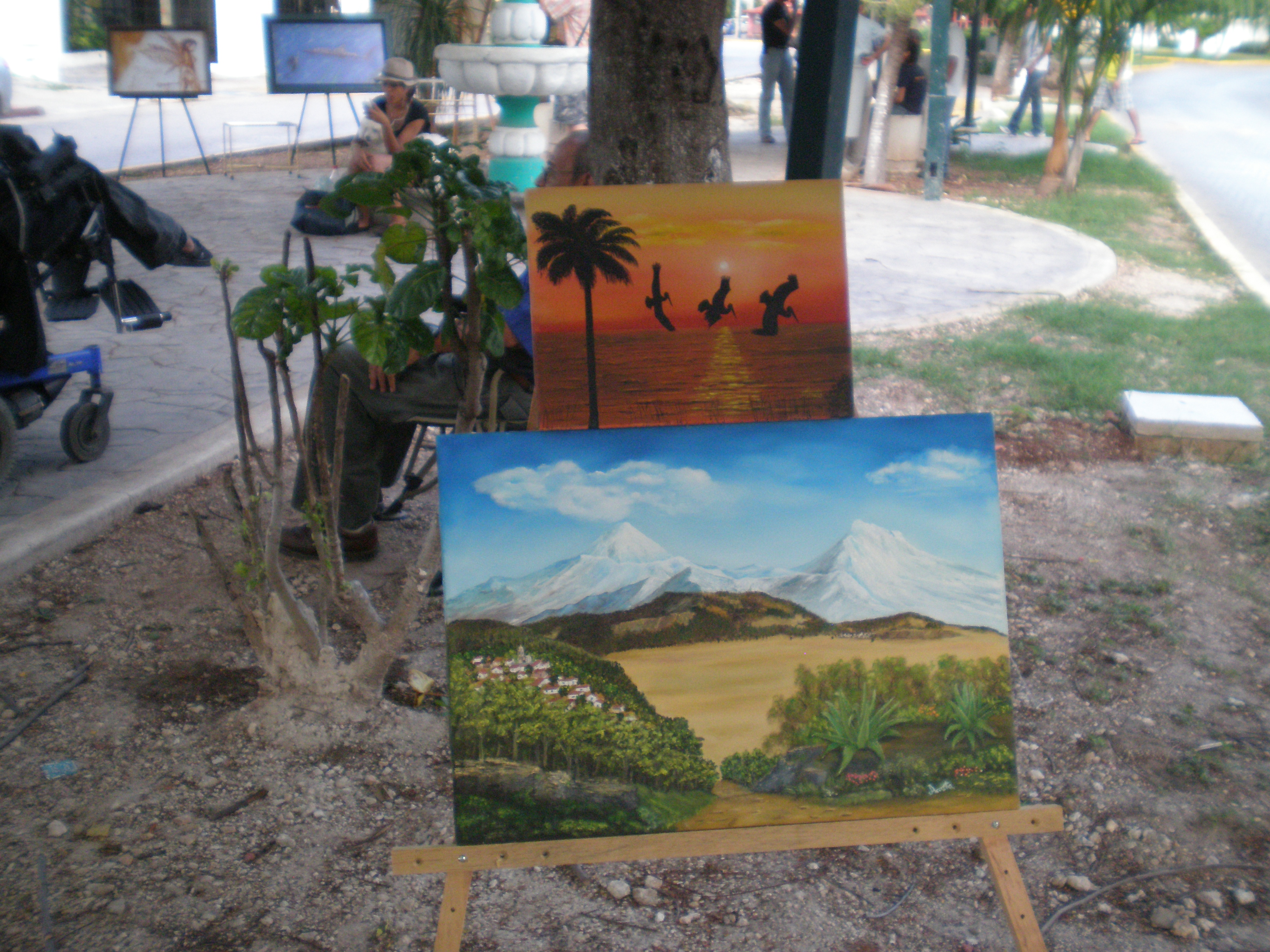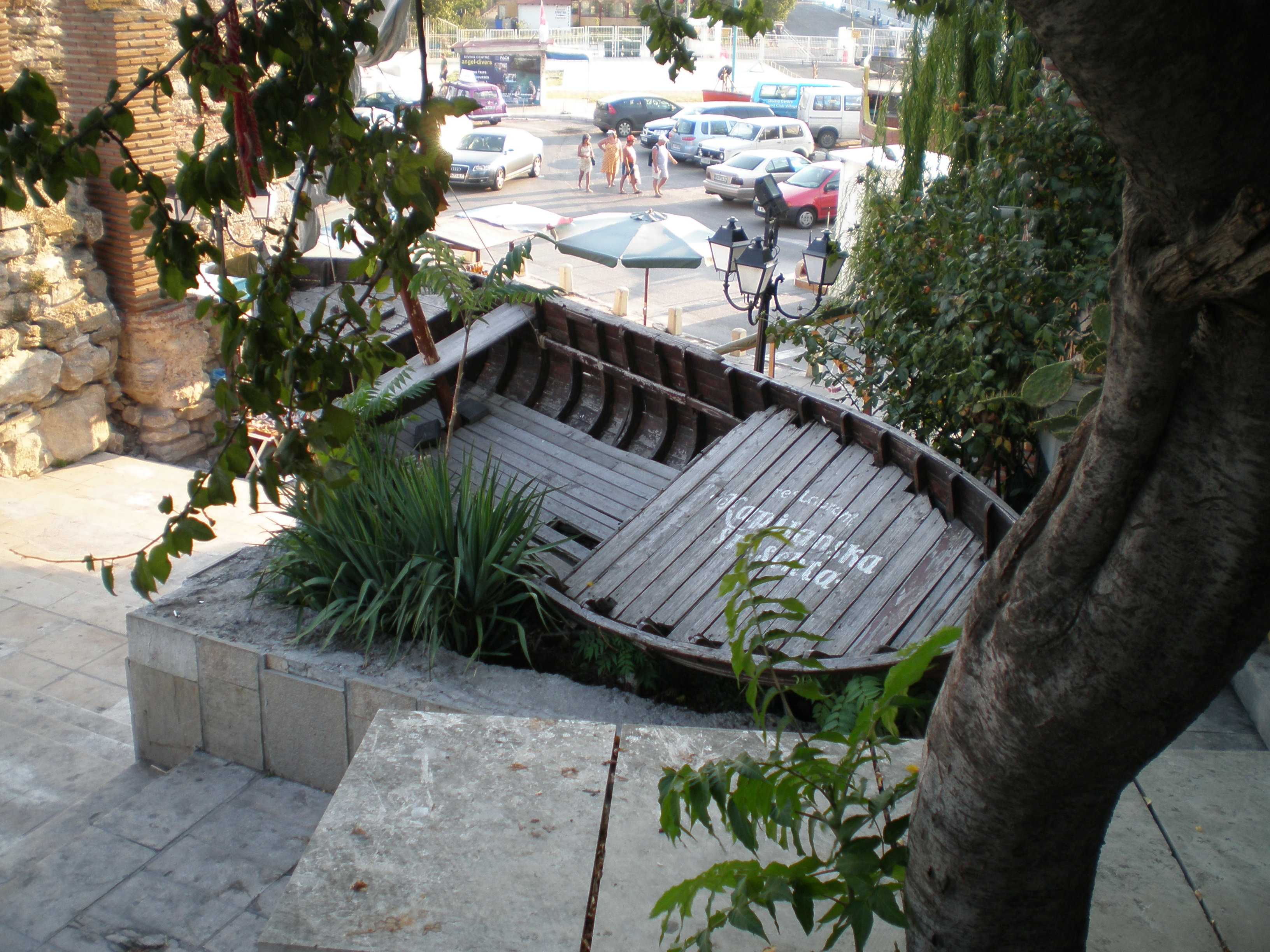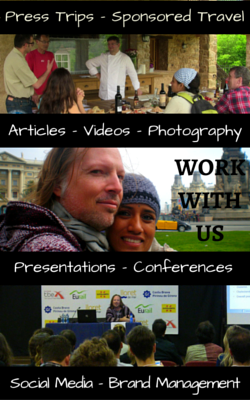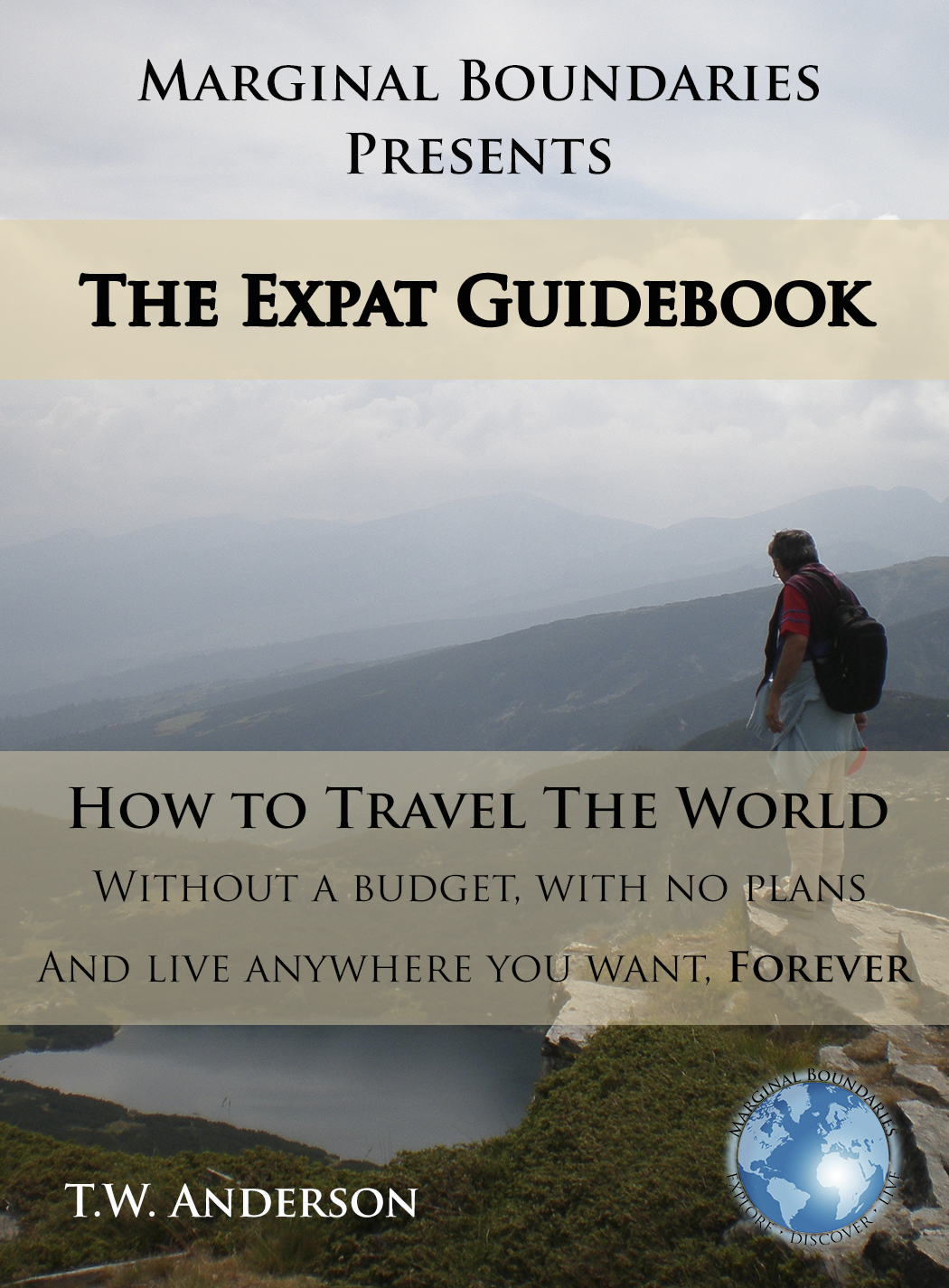
It’s a concept most people are raised with: support your local merchants. Some expats carry it with them; others choose to avoid local services like the plague, favoring instead the safety and security of the name brands they know and “trust” or places that cater to their native language, simply because they are familiar and comfortable. But supporting the local economy goes above and beyond national pride; it means actually supporting those whose services you are utilizing.
A Mexican friend of mine asked me recently why I don’t do my own laundry when I could save more money. My answer to that was simple: I make enough money so that I can afford to hire that service out. Sure, I could save a few dollars per month, but my salary is sufficient to cover it. Just like I can pay a maid to clean my house several times a month rather than doing it myself. And I prefer doing so, even if it does cost me extra, not simply because it makes my life easier, but it also supports the local economy in the place where I live. I’m providing a service to someone, which allows them to put food on the table.
It’s like the pizza place I go once a week. Sure, there is an Oxxo right across the street, and yes I can go there and pick up a cold drink like a tea or water for 8 pesos while the pizza place charges 10 pesos. I’d rather give the 2 pesos + my tip to the girls who work at the pizza place than to the Oxxo chain (which I frequent for water, tea, cell phone minutes and other things when I’m out and about; I’m not anti-convenience stores, just using this as an example) because they make tasty pizzas and I want to keep them in business.
Or the girls who do my laundry. Sure, I could buy my own detergent and take 30 minutes out of my week to wash laundry, but I don’t really care to do so. I’d rather take it and have someone do it for me and pay them a fair wage for their time plus give them tips and see their little business thrive and keep the people there working so they can have jobs to feed their families/etc.
And yes, I could have bought my own juicer within three to four months of going to visit the juice vendor I visit every other day like clockwork for my liter of jugo verde. I drink 1/2 liter per day pretty regularly; it’s amazingly healthy stuff with: nopal (cactus), pineapple/orange/grapefruit juice (depends on what’s on sale lol), celery, cucumbers, spinach, cilantro, garlic, little bit of mint and sometimes a couple of other things. But I enjoy talking to the woman who runs the place, she gives me a discount and I always leave a good tip because she’s a nice person. I’ve been going there for over around a year and a half like clockwork.
In a way, my neighbors are similar to friends and I’m on a first-name basis with many of them, and I think that’s something everyone should focus on when they are spending a lot of time in another country as an expat. You aren’t just a visitor here; you are a resident. It’s an aspect that the “lock ourselves away in a 24/7 secured compound with our own supermarket and grocery store and English speaking community” type of expats completely miss in their rush to re-create suburbia: going native.
I don’t speak to everyone in the neighborhood. When I’m walking the streets it’s mostly hola, que tal, que paso and the like to the people who live here, and the occasional random conversation for 5-10 minutes. But I have specific merchants that I frequent, plus the maid I’ve been using for over a year now, who I’ll spend 30 minutes or more just yapping with most every time I see them and it’s their personalities as well as the fact that I enjoy their services which keeps me coming back for more.
Not everyone likes to use these types of services, but they are available to those who want to use them. They are affordably priced at the local rates. And while some people say that I may have an unfair advantage over Mexicans by being from the U.S. and working on the euro and dollar, I cry foul in that regards. My job is something that anyone, anywhere, in any country, from any language, can do. The Spanish language market, for example, is a massive place where there is a slew of work in booming country-wide economies, creating a massive workload for Spanish-speaking natives from all around the world.
That also means there’s plenty of work for expats who have integrated into their local areas and speak the language. I’m continually amazed at how many opportunities I find just by striking up conversations with people while I’m out and about, or just by asking friends I have on the local level. For example, I’m going to be teaching a class in October, November and December here in Cancun on the topics covered in The Expat Guidebook in a combination of English and Spanish, as well as the same program online in English for members of the community in a Skype setting.
The point is, by supporting my local environment while living here it is giving back to me and providing me with additional income and partnerships. The people I’ve found locally who are interested in the program are all people I’ve met through my integration and immersion in the local environment. Business connections as well; it’s an aspect of being a long-term expat reading the whole book as opposed to a tourist or backpacker just passing through and skim-reading.
And lastly, but not leastly, is that the concept of nationalism is absolutely ridiculous. We are all Earthlings, from Planet Earth. We are all Human Beings. American, Egyptian, Puerto Rican, Colombian…there is no difference between any of these people. The concept of nationalism is a purely made-up fiction used by governments to inspire people to slave away as a serf for the “good of the country. “The reality is that if you are living in Japan, you are using Japan’s services and thus you should be supporting Japanese companies and services, even if you were born in Britain or the United States or Australia or Germany or Italy. You aren’t living in those countries, thus you shouldn’t be concerned with supporting their services.
Remember, at the end of the day we all share the same blood, and wherever you live the people you rub shoulders with are the ones you should be supporting. After all, it is their services which make your life easier, give you a place to live, streets to walk/drive on, Internet to use, hospitals to access, accountants and other professionals who have used the education system and so on and so forth. Leave the national pride back in your home country where it belongs, because where you were born is nothing more than an accident and you are no different than someone living in another place on the planet.
With over 1,500 copies sold, our flagship 568-page eBook is what started it all. Learn how to travel the world like I do: without a budget, with no plans, funded completely by your website and online ventures.
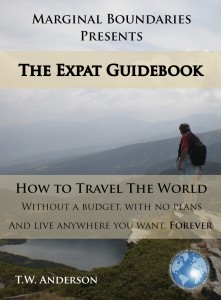 Get Your Copy Today!
Get Your Copy Today!
Unplug from The System, cure yourself of The Greedy Bastard Syndrome, tap into your universal potential and create your own reality. Build a brand, travel the world and realize your cosmic consciousness.
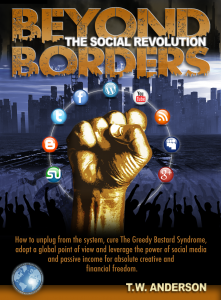 Get Your Copy Today!
Get Your Copy Today!
